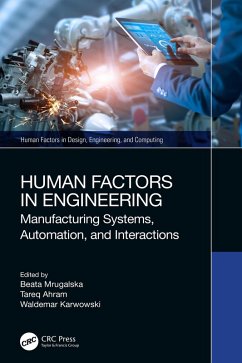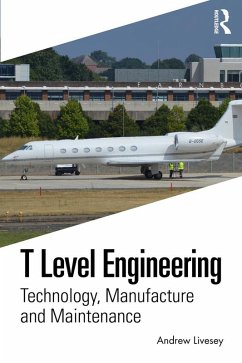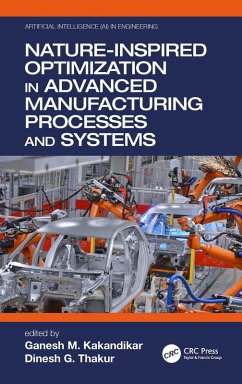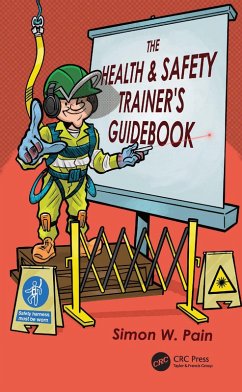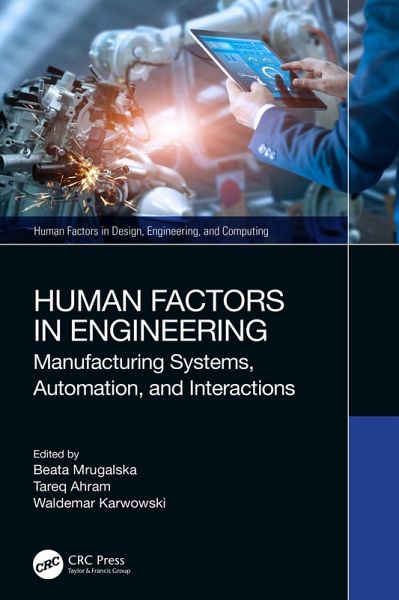
Human Factors in Engineering (eBook, ePUB)
Manufacturing Systems, Automation, and Interactions
Redaktion: Mrugalska, Beata; Karwowski, Waldemar; Ahram, Tareq
Versandkostenfrei!
Sofort per Download lieferbar
45,95 €
inkl. MwSt.
Weitere Ausgaben:

PAYBACK Punkte
23 °P sammeln!
This book addresses aspects of human factors in engineering and provides a detailed discussion of novel approaches, systems engineering tools, artificial cognitive systems, and intelligent technologies and automation. It presents applications in diverse areas, including digital manufacturing, transportation, infrastructure development, and cybersecurity.This book:. Merges the engineering perspective with the human factors and social dimension of computing and artificial intelligence-based technologies.. Covers technological development of human factors engineering and the human dimension in ap...
This book addresses aspects of human factors in engineering and provides a detailed discussion of novel approaches, systems engineering tools, artificial cognitive systems, and intelligent technologies and automation. It presents applications in diverse areas, including digital manufacturing, transportation, infrastructure development, and cybersecurity.
This book:
. Merges the engineering perspective with the human factors and social dimension of computing and artificial intelligence-based technologies.
. Covers technological development of human factors engineering and the human dimension in applications across all areas of modern society.
. Relates to human behavior in the context of technology and systems interactions.
. Discusses the design and the appropriation of 3D printing techniques in the management of an innovative product system.
. Presents systems engineering tools, user experience methodologies, artificial cognitive systems, intelligent technologies, and automation.
The text is for students, professionals, and researchers in the fields of ergonomics, human factors, industrial engineering, and manufacturing engineering.
This book:
. Merges the engineering perspective with the human factors and social dimension of computing and artificial intelligence-based technologies.
. Covers technological development of human factors engineering and the human dimension in applications across all areas of modern society.
. Relates to human behavior in the context of technology and systems interactions.
. Discusses the design and the appropriation of 3D printing techniques in the management of an innovative product system.
. Presents systems engineering tools, user experience methodologies, artificial cognitive systems, intelligent technologies, and automation.
The text is for students, professionals, and researchers in the fields of ergonomics, human factors, industrial engineering, and manufacturing engineering.
Dieser Download kann aus rechtlichen Gründen nur mit Rechnungsadresse in A, B, BG, CY, CZ, D, DK, EW, E, FIN, F, GR, HR, H, IRL, I, LT, L, LR, M, NL, PL, P, R, S, SLO, SK ausgeliefert werden.




